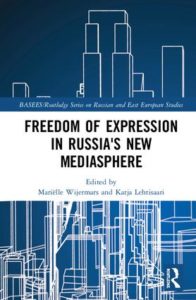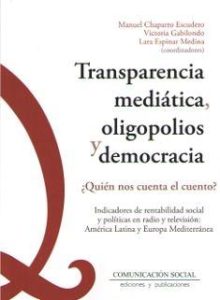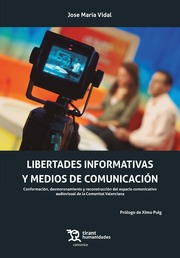CHINA, AFRICA, AND THE FUTURE OF THE INTERNET, Iginio Gagliardone (2019)
Estructura y políticas de la comunicaciónLibrosSociedad de la información
+ info: Zed China is transforming Africa’s information space. It is assisting African broadcasters with extensive loans, training and exchange programmes … Leer más






